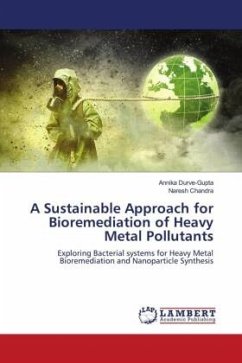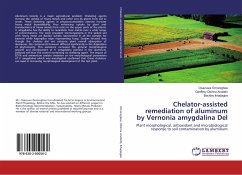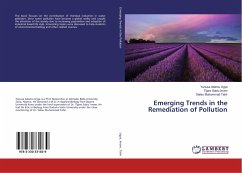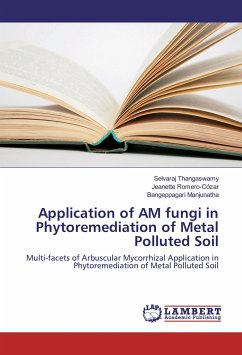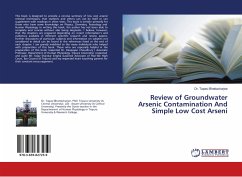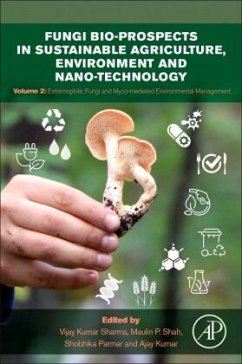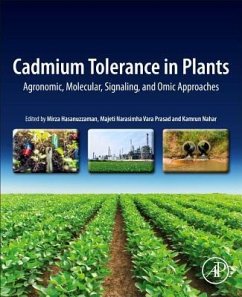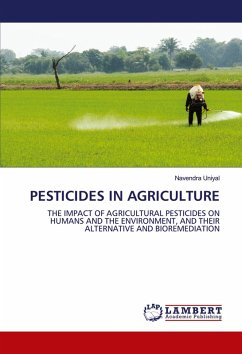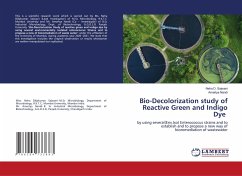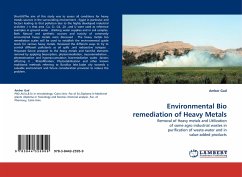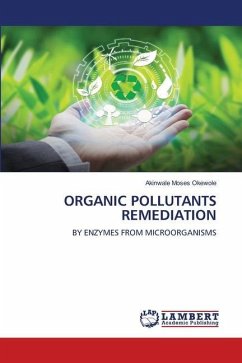
ORGANIC POLLUTANTS REMEDIATION
BY ENZYMES FROM MICROORGANISMS
Versandkostenfrei!
Versandfertig in 6-10 Tagen
29,99 €
inkl. MwSt.

PAYBACK Punkte
15 °P sammeln!
In the current global setting, environmental pollution is a substantial contributor to severe environmental deterioration. The threat posed by numerous contaminants has seriously harmed the survival of people, animals, and plants. There is an urgent need to stop the problem of organic wastes being released into the environment on a daily basis from diverse companies. Different approaches to managing organic pollutants are insufficient since they exacerbate already existing issues. Because enzymes naturally catalyze the conversion of many of the problematic substances, even when the compounds a...
In the current global setting, environmental pollution is a substantial contributor to severe environmental deterioration. The threat posed by numerous contaminants has seriously harmed the survival of people, animals, and plants. There is an urgent need to stop the problem of organic wastes being released into the environment on a daily basis from diverse companies. Different approaches to managing organic pollutants are insufficient since they exacerbate already existing issues. Because enzymes naturally catalyze the conversion of many of the problematic substances, even when the compounds are present in the water at low amounts for "chemical reaction," enzyme-mediated bioremediation is a viable method. The current review looked at using microorganism-produced enzymes to remove organic contaminants from the environment. This study will give a thorough overview of the most recent developments in the field of pollution treatment and degradation and will primarily concentrate on enzymes that break down pollutants.



